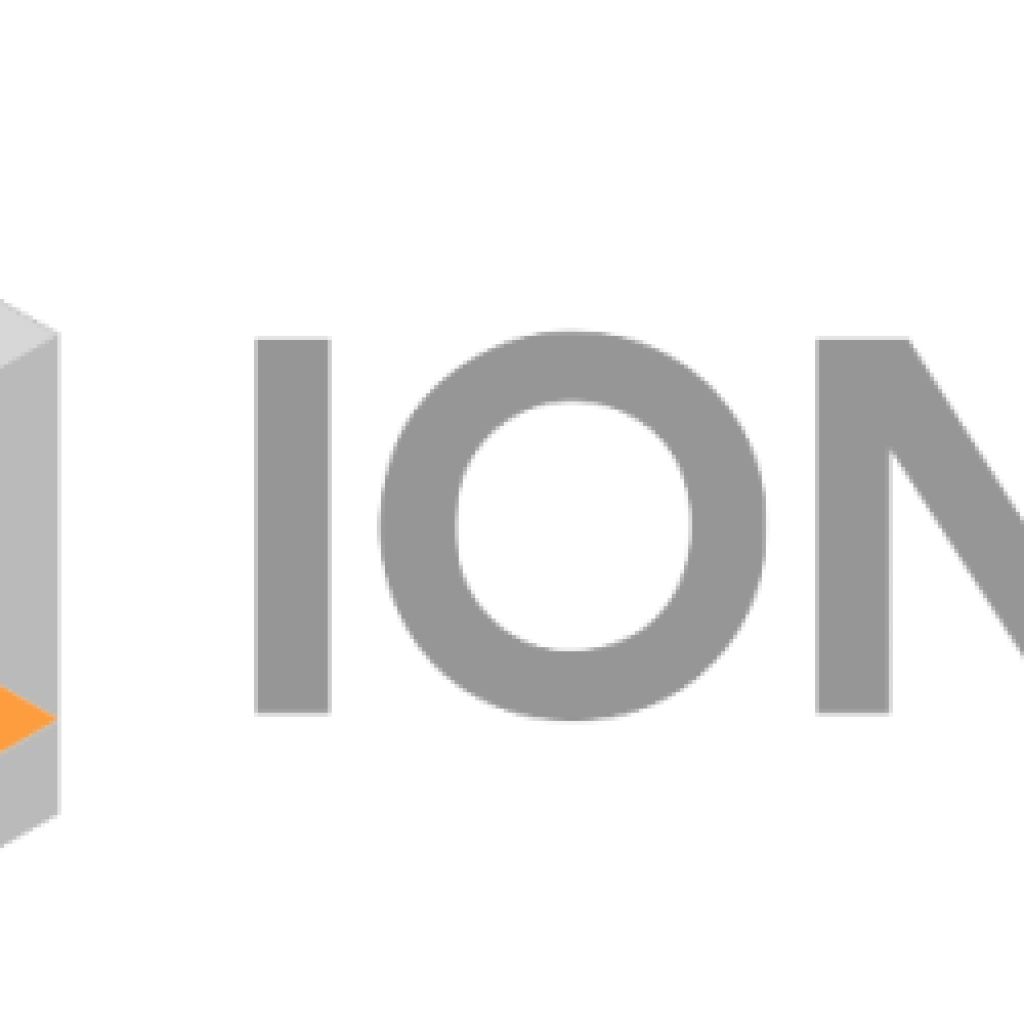IonQ met its revenue goal for the first quarter of 2023, and raised its revenue outlook for the rest of the year, as the company continues to stand out among other publicly-traded quantum computing firms that continue to struggle.
Revenue for the first quarter of 2023 came in at $4.3 million, above the high end of the previous guidance, compared to $2 million for the same quarter last year. The company benefited from activities related to one of its customer contracts taking place earlier than expected, shifting revenue dollars into the first quarter, according to IonQ officials.
IonQ reported bookings of $4.1 million during the first quarter, and expects second quarter revenue to land between $4.1 million and $4.5 million. However, IonQ is increasing its full-year 2023 outlook, expecting to achieve full-year revenue in the range of $18.8 million to $19.2 million. Previous guidance had suggested full-year revenue of $18.4 million to $18.8 million.
While all the right numbers are getting larger, IonQ’s net loss also continues to grow. It reached $27.3 million in the first quarter, compared to a net loss of $4.2 million in the first quarter of 2022, but such is the life of a start-up investing in potentially game-changing technology. And more significant to such a start-up, IonQ reported cash, cash equivalents and investments of $525.5 million as of March 31, 2023, giving the company a long runway.
Among significant technical milestones achieved during the first quarter, IonQ’s Forte quantum computer reached 29 Algorithmic Qubits (#AQ) about seven months ahead of where this achievement was expected on the company’s technical roadmap, and a figure that measures out at as a 16x increase in computational power, measured by useful computational space for running algorithms, compared to IonQ’s Aria machine, which achieved 25 #AQ.
IonQ’s first quarter earnings report also came in as the company continues to add high-level talent to its roster. Last week, IonQ hired Pat Tang, who has held key engineering leadership roles at Amazon and Apple, as its new vice president of research and development.
Dan O’Shea has covered telecommunications and related topics including semiconductors, sensors, retail systems, digital payments and quantum computing/technology for over 25 years.
